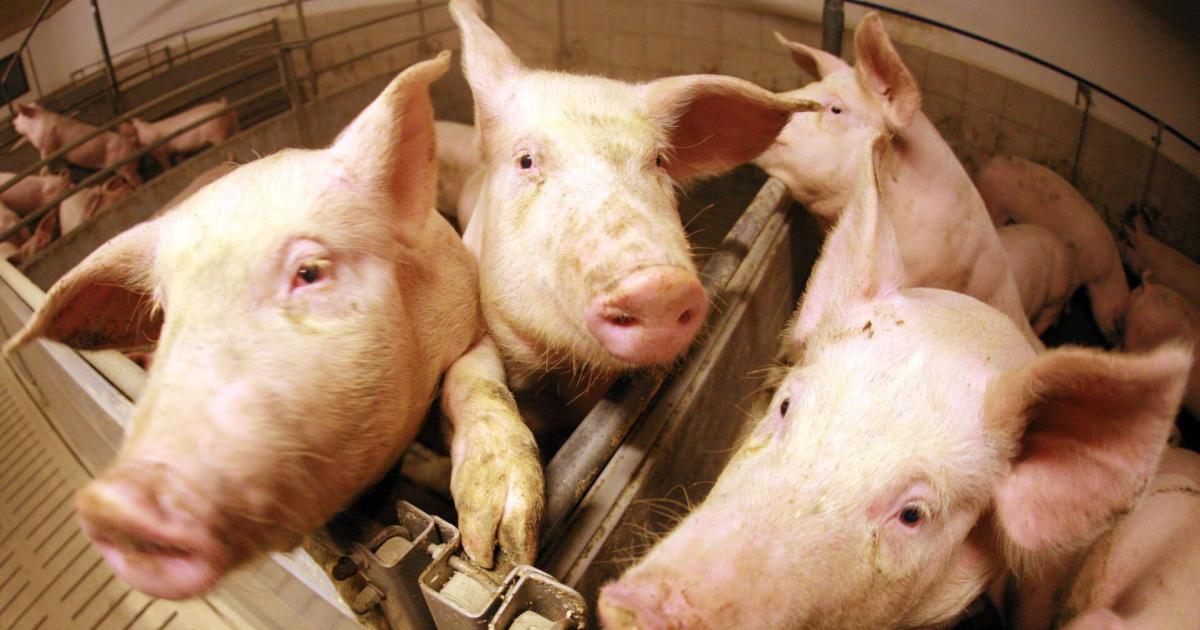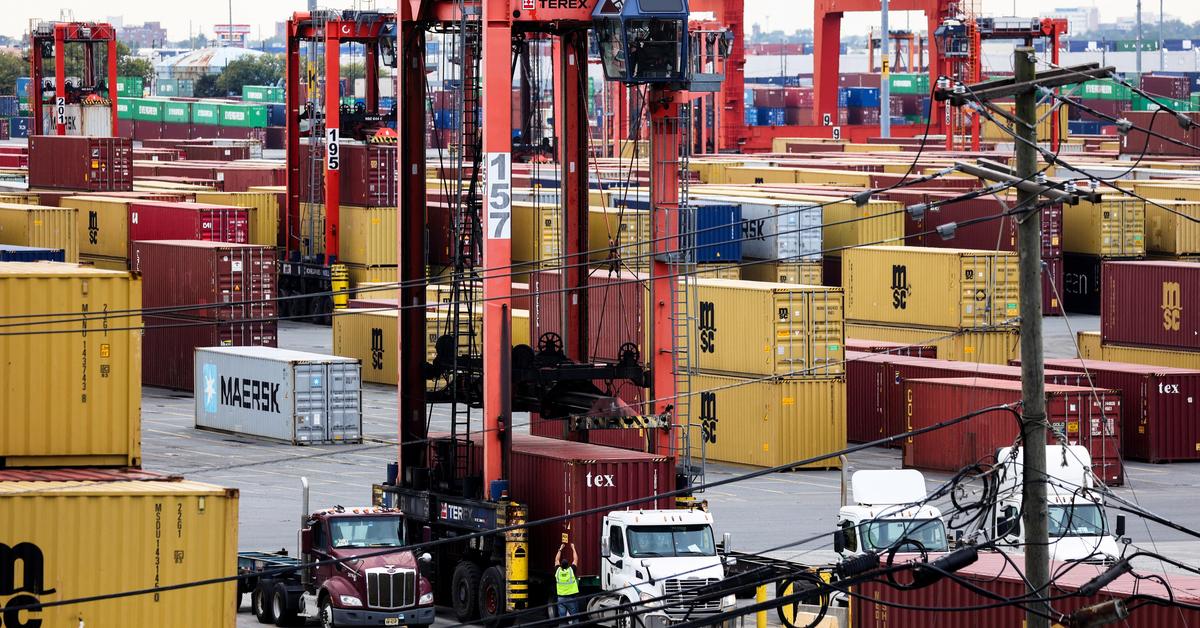Dockers in the United States are on strike. That too in 14 major terminals. Not only is it expensive, but it could throw the US presidential campaign into disarray.
Five weeks before the presidential election, a strike by dock workers threatens to massively disrupt US foreign trade. After midnight local time on Tuesday, tens of thousands of workers stopped work at 14 major ports along the US East Coast and Gulf Coast. Strike cost US economy per day: $3.8 billion to $5 billion.
Ships pile up at sea from Maine to Texas in the US, no longer unloaded. Nearly 50 percent of U.S. freight imports pass through ports on strike.
The reason for the strike is that salary negotiations have been going on for months but no result has been reached yet. The International Longshoremen's Association (ILA) union wants a new collective agreement for six years for 25,000 workers in the container and roll-on/roll-off sectors. The bottom line is that around 77 per cent of them are demanding a pay rise.
On Monday, employers offered 50 percent more pay, three times more money for pension funds and better health insurance. Currently, staff wages start at $20 to $39 per hour (gross). The union wants to raise that to $69 an hour by 2030. The ILA points to billions in profits from container shipping and wants a “fair share.”
The strike, the first of its size in nearly 50 years, is causing massive disruption to the US election campaign. Because the US president would have the opportunity to intervene if the strike threatened US national security. In that case, the president can force workers back to work and ban strikes for 80 days.
In 2002, then-President George W. Bush did just that. Eleven days later the Republican Party ended the dock workers' strike by executive order. The U.S. Chamber of Commerce is now demanding that President Joe Biden intervene. But the White House has already said it will not interfere.
The ILA union endorsed Biden for president in 2020 and nominated the Democratic Party. The union is yet to make an official nomination in the current election campaign.
A strike by dock workers is fueling labor disputes across industries in the United States. A few days ago, the International Association of Mechanics and Astronauts (IAM) broke off negotiations with Boeing. The US auto union United Auto Workers (UAW) has called for a strike by Stellandis workers and accused the French-Italian carmaker of breaching the contract.
At Boeing, about 33,000 workers have been on strike at aircraft manufacturing plants in Seattle since September 13. The reason is that the company's original collective bargaining offer, 25 percent more pay, was spread over several years. The Sangh was enraged by this. He called for a 40 percent pay rise and the restoration of limited pensions that were removed from the agreement ten years ago.
Boeing stepped up and gave workers 30 percent more pay, higher bonus payments, reintroduced annual bonus payments and increased contributions to the pension fund. But the IAM rejects it because no offer has been made in negotiations and Boeing has not responded to key demands.
Stellandis is about promises the carmaker made to employees during wage negotiations last year. Among other things, it involves the construction of a battery factory in the US state of Illinois, which is again being called into question. “We have reviewed the serious violations of our contract and Stellandis' pattern of illegal conduct. The evidence is clear that CEO Carlos Tavares is leading Stellandis on a crash course that will cause great harm to our members,” UAW President Shawn Fine wrote in an open letter. The car manufacturer has denied these allegations.
Recent increases in wage negotiations in the U.S. are bringing a resurgence to unions that have lost power in recent years. Last year, more than 450,000 workers participated in strikes in the United States. Nurses to Hollywood screenwriters walked out. (ed./ag.)

“Amateur coffee fan. Travel guru. Subtly charming zombie maven. Incurable reader. Web fanatic.”







More Stories
Martin Schulz: “I want more courage for the United States of Europe”
US reports first case of H5N1 bird flu virus in pigs
Polestar fears US sales ban